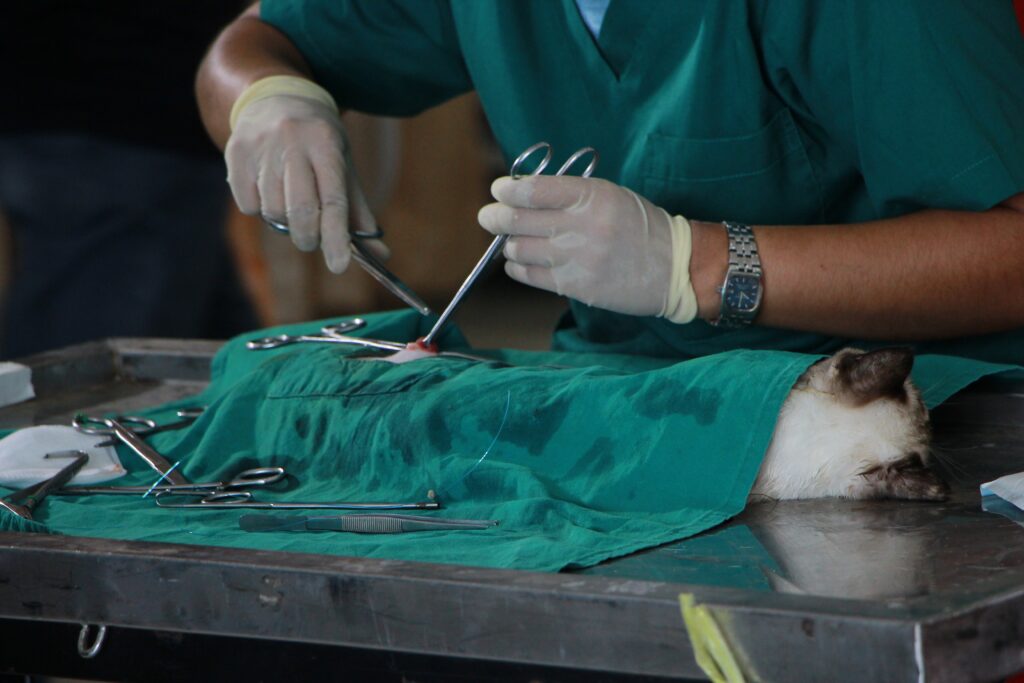
What Are Common Puppy Health Issues?
Bringing a puppy into your life is like a burst of sunshine – endless fun and a whirlwind of playtime. But just like any young being, puppies are not immune to health issues. New puppy parents need to recognize the common health problems that can affect their furry friends. By staying informed, you can ensure your pup grows into a healthy, happy adult dog. Let’s explore some of the most prevalent health concerns for puppies and how you can tackle them head-on.
Health Watch for Puppies
While enjoying the adorable moments with your new puppy, it’s essential to stay vigilant for signs of common health issues. Early detection and prompt veterinary care contribute to a healthy and happy start for your furry friend. Here are some key health considerations for puppies:
1. Parasitic Infections
- Fleas and Ticks: It’s crucial to check your puppy’s coat regularly for signs of fleas and ticks. These parasites not only cause discomfort but can also transmit diseases. By being vigilant and promptly addressing any infestations, you can ensure your puppy’s well-being.
- Intestinal Worms: Implementing a schedule for regular deworming treatments is essential. Be alert for signs such as scooting, diarrhea, or the presence of visible worms in the feces. Timely deworming helps prevent and manage intestinal parasites, promoting your puppy’s digestive health.
2. Digestive Disturbances
While occasional digestive issues are normal, persistent or severe diarrhea and vomiting may indicate underlying problems. Monitoring your puppy’s diet, avoiding sudden changes, and seeking veterinary advice if issues persist are crucial steps in maintaining your puppy’s digestive health.
3. Respiratory Infections
Puppies, especially those with developing immune systems, can be susceptible to respiratory infections. Watch for persistent coughing, sneezing, or nasal discharge, as these could be indicators of an infection. Early detection and prompt veterinary care are essential for managing respiratory health.
4. Skin Issues
Pay close attention to your puppy’s skin condition. Itchy skin, redness, rashes, or bald spots may signal allergies, mites, or other dermatological conditions. Regular grooming practices and maintaining a clean environment can contribute to preventing skin issues and ensuring your puppy’s overall comfort.
5. Orthopedic Issues
While puppies are a bundle of energy, jumping and running without a care, their developing bones and joints can sometimes suffer. Hip dysplasia, patellar luxation, and fractured bones are not uncommon in growing puppies, especially in larger breeds. Regular check-ups with your puppy vet can help catch these conditions early and manage them effectively.
Recognizing Pain in Puppies
It can be tough to tell when your playful pup is in pain. Limping, avoiding weight on a limb, or a sudden unwillingness to play could all be red flags. Providing a safe environment for play and avoiding rough handling can mitigate some risks, but puppies will be puppies. If you notice these signs, a vet visit is in order.
Puppy Vaccinations and Preventative Care
Vaccinations are the cornerstone of preventative care for your puppy. They protect against diseases like parvovirus, distemper, and rabies. Your vet will set a vaccination schedule based on your puppy’s specific needs and risks, which is typically spread over the first few months of your puppy’s life.
Consistency is key when it comes to vaccinations. Stick to the schedule provided by your vet to ensure your puppy is protected as they grow. Remember, a well-vaccinated puppy is a healthier, happier one.
Routine Puppy Examinations
Regular check-ups are vital for keeping your puppy in top health. Such visits often include a physical examination, routine vaccinations, and discussions about nutrition and weight management. But these visits are more than just routine; they’re an opportunity to catch subtle signs of health issues before they become major problems.
During a routine exam, your vet will look for any abnormalities or changes in your puppy’s health, including heart murmurs, dental issues, and growth concerns. They are your first line of defense in your puppy’s health care.
Puppy Nutrition
The adage “you are what you eat” holds for our canine companions as well. An Oklahoma City veterinary nutritionist or your local vet can guide the best diet for your puppy, which can prevent dietary-related health issues and support optimal growth and development.
A balanced diet tailored to your puppy’s breed, size, and energy levels is crucial. This might include high-quality dry food, wet food, or a combination of both, supplemented with healthy treats. Always have fresh water available, and monitor your puppy’s eating habits for any changes.
Hidden Health Issues
Some puppy health issues aren’t as obvious to the untrained eye. These include congenital conditions and genetic predispositions typical to certain breeds. Keep communication open with your breeder and vet regarding any potential hereditary conditions you should be aware of.
Knowing your puppy’s breed-specific risks can help with early diagnosis and management. Ask your vet about any screening tests that can shed light on potential future health issues.
The Role of Veterinary Surgery in Puppy Care
At times, despite our best efforts, puppies may require veterinary surgery. Whether for routine procedures like spaying and neutering or more complex operations due to illness or injury, having an experienced vet surgeon is paramount to a successful outcome.
Surgeries can range from minor, such as dental extractions, to major, like correcting congenital heart defects. A skilled surgical team will ensure the best care for your furry friend throughout the surgical process and into recovery.
Conclusion
Raising a healthy puppy requires vigilance, knowledge, and a proactive approach to their health and happiness. By recognizing the common health issues that can affect puppies and understanding the importance of regular vet check-ups, proper nutrition, and the potential need for surgery, you’ll be well on your way to giving your pup the best start in life they deserve.
Remember, a healthy puppy today is a happy, active companion for years to come. Keep these insights in mind, and you’ll navigate the joys and challenges of puppy parenthood with greater ease and confidence.
